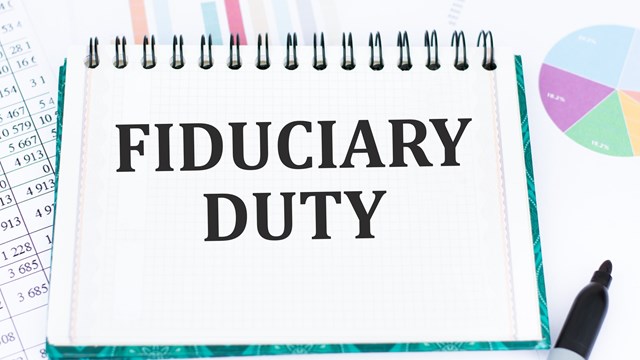Every community has certain amenities or assets that residents value highly. In some communities, those features are extra parking areas, bike paths or "tot lots." In others, golf courses and restaurants are the way communities identify their unique appeal. Regardless of the amenity, the focus is always on lifestyle, quality of life and recreational and social opportunity.
Managing amenities must be grounded in the importance of protecting and maintaining assets while enhancing residents' enjoyment of facilities.
Therefore, boards and managers of communities with amenities have to implement a two-fold program that consists of facility maintenance, operation and safety, while enhancing and showcasing usage of the amenities.
While it can be tempting to merely maintain the status quo and continue with regular annual schedules, it is important to celebrate each new season with both a physical 'sprucing' of facilities and a public 'kickoff' announcement for use opportunities. This is also a good time to remind residents of things like guest hours, new benches at the tennis courts and how to access bocce equipment.
Amenities add value to a community, and residents should be encouraged to take advantage of them. Services provided should be chosen according to what would be most beneficial to the types of residents living there. A drop-off laundry service, for example, might be most helpful for working families. Similarly, bus ticket sales would be a great convenience for commuters, and ice melt pick-up stations could assist suburban community members.
Usage enhancers, like coffee machines in clubhouses, beverage dispensers on pool decks and water coolers at tennis courts and gyms should be developed. Many "adults only" age-restricted communities have become "grandchildren friendly" with the installation of tot lots, old-fashioned ice cream stations and decorative fountains and/or wishing wells.
Boards and managers should be aware of usage inhibitors, such as rules that forbid beverages poolside or prohibit snacks in card rooms. Overly restrictive rules can create dissatisfaction.
Package drop-offs/pick-ups and other services can easily be implemented. The post office, for example, may accept packages from a drop box. In addition, concierge services can be outsourced through many online services.
Wherever there is a lobby or clubhouse, coordination can be better organized and centralized. A lot of concierge functions can be handled via websites such as scheduling court times and room rentals via the Internet.
Depending on the nature of the community membership, a usage fee schedule can be developed that requires payment for certain services, like individualized coffee and tea dispensers, umbrella rentals and so forth. In the instance of an amenity such as a community vegetable garden that is widely used, a line item can be placed in the annual budget to cover the operating costs.
In one instance, a community has put together a special once-a-week barbecue for commuters who don't want to cook on Wednesday nights. The cost is $15 a person to cover food and paper products. There is a "bring-your-own" soft drink policy and a staff of lifeguards to serve the buffet. The lifeguard staff is paid their hourly wage and accepts tips.
Obviously, insurance and safety precautions need to be managed so that the amenity is enjoyed in a safe and organized fashion. When properly managed, community's can function a little bit like a resort.
It is important to remember that the best management is invisible management paired with highly visible resident enjoyment.
Elaine Warga-Murray, CMCA, AMS, PCAM, is managing partner of Regency Management Group, LLC.







Leave a Comment